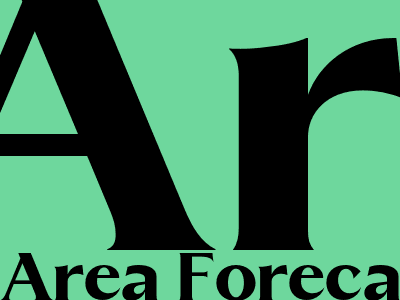
Area Forecast: Excessive Heat Warning for the Pacific Northwest
Record-breaking heat expected this weekend, with temperatures soaring into the triple digits
The National Weather Service has issued an excessive heat warning for the Pacific Northwest, as a dangerous heat wave is expected to hit the region this weekend. Temperatures are forecast to reach record-breaking highs, with some areas expected to see temperatures soar into the triple digits. The heat wave is expected to last for several days, and residents are urged to take precautions to stay safe.
What to expect during the heat wave
During the heat wave, residents can expect to experience extreme heat and humidity. The combination of heat and humidity can make it difficult to stay cool and hydrated, and can lead to heat-related illnesses such as heat exhaustion and heat stroke. Symptoms of heat exhaustion include dizziness, nausea, and vomiting. Symptoms of heat stroke include confusion, seizures, and loss of consciousness.
The most important thing to do during a heat wave is to stay cool and hydrated. Drink plenty of fluids, even if you don't feel thirsty. Avoid strenuous activity during the hottest part of the day, and stay in air-conditioned areas as much as possible. If you must go outside, wear loose-fitting, light-colored clothing and sunscreen. Take breaks in the shade, and drink plenty of water.
Who is most at risk during a heat wave
Certain people are more at risk for heat-related illnesses, including the elderly, the young, and those with chronic health conditions. These individuals should take extra precautions to stay cool and hydrated during a heat wave. If you are concerned about someone who is at risk for heat-related illness, check on them frequently and make sure they are staying cool and hydrated.
How to stay safe during a heat wave
There are a number of things you can do to stay safe during a heat wave:
- Drink plenty of fluids, even if you don't feel thirsty.
- Avoid strenuous activity during the hottest part of the day.
- Stay in air-conditioned areas as much as possible.
- If you must go outside, wear loose-fitting, light-colored clothing and sunscreen.
- Take breaks in the shade, and drink plenty of water.
- Check on elderly, young, and chronically ill individuals frequently to make sure they are staying cool and hydrated.
If you experience any symptoms of heat-related illness, such as dizziness, nausea, or vomiting, seek medical attention immediately.